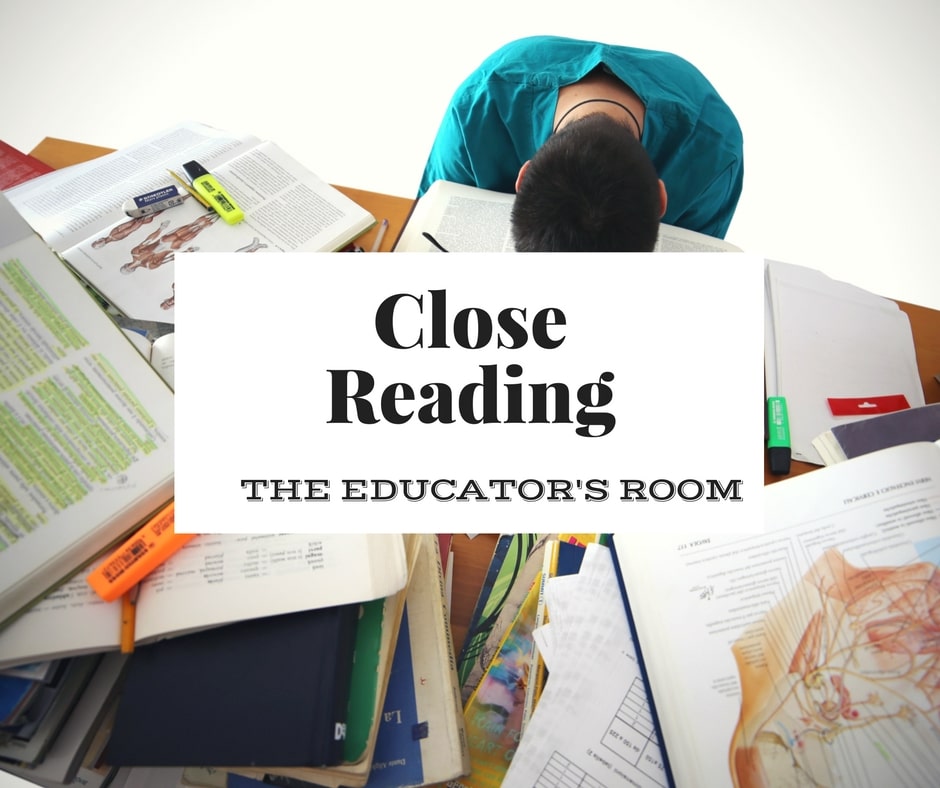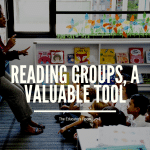More than six years ago my school district found itself on the state’s list of failing schools. We were not making annual yearly progress (AYP) and it was becoming evident that we couldn’t keep doing what we had always been doing. Our demographics had drastically changed when the industry-heavy area began to crumble and families were moving out rather than into the district.
Our students were no longer coming to us with the same prior knowledge, reading support, or early childhood education, and so we needed to change how we were teaching across all grade levels and subjects.
Since putting literacy as the center of all of our school improvement (SI) goals every year, our students have made huge strides. We have been building on our literacy plan, but we started with a few core strategies, one being Close and Critical Reading.
Close and Critical Reading, or CCR as it’s known by our teachers, students, and parents, is a careful, purposeful reading of a text. It’s teaching kids how to really read rather than “search and find” for answers to basic, low-level questions. It is designed to help students learn to do the higher-level thinking of analysis, synthesis, and evaluation.
There are four focus question of CCR:
What does the text say? This question helps students focus on finding main ideas and points, summarizing and paraphrasing, and basic comprehension of a text.
How does the text say it? This requires students to look at word choice, tone, bias, figurative language, rhetorical devices, sentence structure, etc. Students are asked to analyze the text.
Why does the author say it? Here, students are asked to think about purpose, but also make inferences. What message or take-away does the author want the reader to walk away with? What else can you infer about the subject/opinion/etc based on what is written?
What connections can be made? Finally, master readers make connections to texts with their own prior knowledge of the world and their own experiences. Students are asked to connect not just to the text, but to the message and/or inferences made from the text. Rather than just make a personal connect, students should be evaluating how this text fits into society as well.
These questions can–and should–be used across the curriculum and across the grade levels. Close and Critical Reading skills will help students go beyond the reading of fiction and into the mastery of more content-specific texts,which tend to be more difficult for younger readers.
In the coming weeks, I will be doing a series of posts focusing on each of the four CCR questions and how they can be used across grade levels and curricula. If you have specific questions that you would like to see addressed, please leave those in the comments below.








Leave a comment